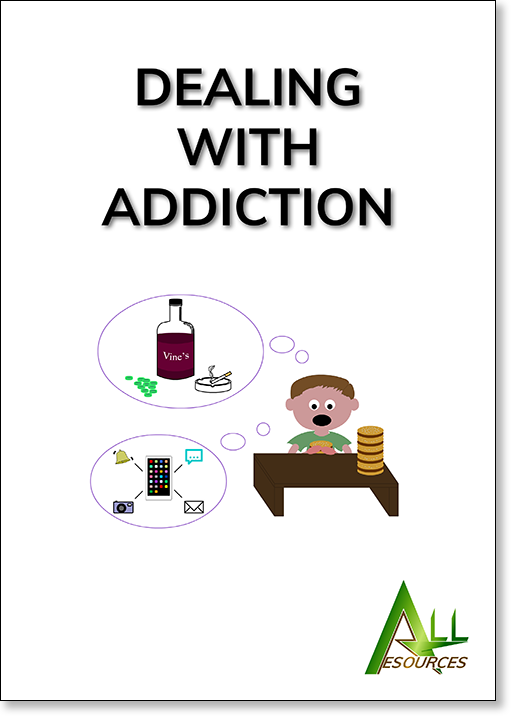
A question many parents and teachers ask is: “What can we do to prevent young people experimenting with drugs?” This is a difficult question, and one which causes much disagreement and debate. But it is a question that needs to be addressed.
The drug-related death of somebody famous will often draw the nation’s attention to the issue of drug abuse (we can think of famous people such as River Phoenix, Kurt Cobain, Michael Jackson, Janis Joplin and Jimi Hendrix to name a few). Past governments have tried various initiatives to tackle drug misuse. The ‘Just Say No’ and ‘Zero Option’ campaigns had a measure of success. And it is easy to feel complacent when we read that there has been a decrease in the use of illegal substances in the UK over the past 15 years. However, drug-related deaths are still on the rise, and problem drug use is still increasing!
What is going wrong? Why aren’t people heeding the warnings, particularly young people who are easily influenced by the celebrity culture of today? The truth is campaigns such as ‘Just Say No’ were not particularly successful, and many young people didn’t say no. And once a young person is on the slippery slope of drug abuse, how can we rescue them?
We regularly hear about rehab — not a week goes by without some celebrity booking themselves into a rehab clinic. Is this the answer? The truth is, only a tiny fraction of users check out of treatment centres drug free, and the majority of people who leave treatment suffer relapses. It is quite obvious that we need to examine our approach to the issue of drugs and drug abuse at an earlier stage, before it becomes a problem.
Just as we teach children and young people about all of life’s dangers, we need to ensure they are aware of the dangers of drugs. It isn’t enough to set up campaigns with the emphasis on ‘saying no’. We need to look at educating and informing our young which means we need to provide them with the correct information so that they can make informed decisions. And it doesn’t stop at young people. Parents, teachers, youth workers, politicians, community leaders — in fact all of us need to become better educated about the issues and dangers of drug use.

Dealing with Addiction
Providing the facts about substance abuse, gambling, gaming & food addiction as well as how to help people recover from addiction.
- Age range: 12 years and upwards
- Category: Schools
- Last revised: 2021
- Pages: 83
- Illustrated throughout
Hard copy: £35.99 add to basket


